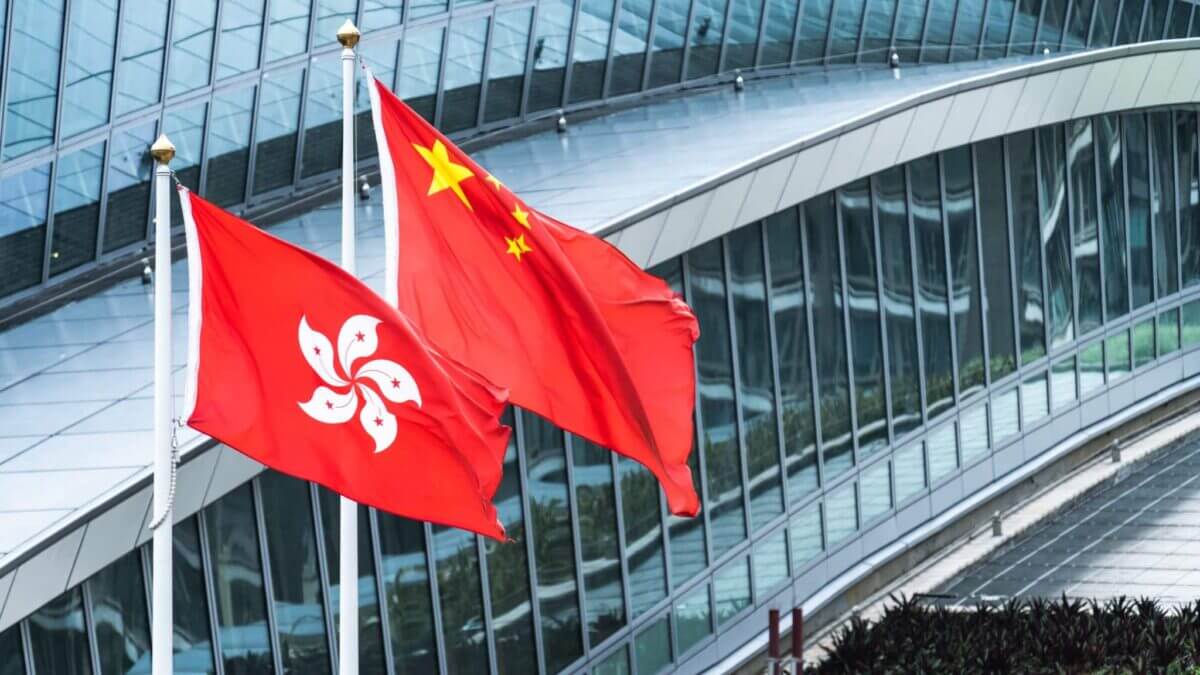
Why Hong Kong is Important to China
China’s recent push to implement the national security law in Hong Kong once again heightened worries that Hong Kong’s autonomy was compromised.
The former British colony returned to Chinese rule in 1997 and governed under the “one country, two systems” principle. It means the city has some freedom that its Mainland counterparts don’t enjoy. Such freedom includes self-governance power, limited election rights, own currency, and a mostly independent legal system.
Such autonomy from China underpins Hong Kong’s position as a leading global financial and business center.
It’s also why the US, by law, treats Hong Kong differently from other Chinese cities. However, the so-called special status is now under threat.
Hong Kong has also been a significant gateway between China and the rest of the world. It’s likely to remain so for some time, although its contribution to China’s economic growth has slowed through the years.
Here are some reasons why Hong Kong is vital to China.
Open Capital Markets
Hong Kong’s free and open economy allows it to attract money from different parts of the world. Hong Kong attracts money more efficiently than other Mainland Chinese cities, which are subject to capital controls.
Therefore, a growing number of Chinese companies are taking advantage of Hong Kong’s access to global investors to raise funds.
Access to global investors has helped Hong Kong become the world’s top market for IPOs for 7/11 years. Even in 2019, when pro-democracy protests engulfed the city.
Alibaba and JD.com are some of the tech giants listed in Hong Kong.
According to Charles Li, Hong Kong has also become a gateway for Chinese investors to invest in international companies.
Charles Li is Hong Kong’s Stock Exchange Chief Executive.
He added that Hong Kong can become more of a gateway if more companies can sell their shares to Mainland investors through its stock exchange.
The exchanges of Hong Kong, Shenzhen, and Shanghai are linked through the stock connect program. The program allows investors to trade through their home exchanges and selected securities on other participating platforms.
Chinese Yuan Goes Global
Hong Kong is a global financial and business center that has helped China promote the greater global use of its currency; the Chinese yuan or the renminbi.
Hong Kong has its currency (Hong Kong dollar), and it’s one of the few places where the yuan trades outside the Mainland.
According to the latest data from the Bank of International Settlements (BIS), Hong Kong’s foreign exchange market has the world’s largest transactions involving the Chinese yuan.
Bank of International Settlements is a financial institution that serves central banks globally.
That gives Hong Kong an edge over other major financial centers such as London and Singapore in drawing investors wanting to trade the renminbi.
According to BIS data, the average daily turnover of transactions in Hong Kong rose by 36% from $77.1 billion in April 2016 to $107.6 billion in April 2019. BIS published this data every three years.
Facilitates China’s Overseas Investments
Hong Kong plays the middleman role between China and the rest of the world.
As Chinese companies expand their overseas investments, much of that money flows through Hong Kong. Taking advantage of Hong Kong’s favorable regulatory environment and available professional services.
The Peterson Institute for International Economics (PIIE), shows a great amount of Chinese investments do not remain in Hong Kong. It’s either repatriated to China as funds and profits or sent elsewhere in the rest of the world.
The National Bureau of Statistics shows that Hong Kong accounted for close to 55.5% of China’s total overseas direct investments by 2018.
The proportion is lower than a decade ago. But the number of investments grew substantially through the years, based on the data.
Facilitates Trade
Hong Kong’s importance in facilitating merchandise trade between China and the rest of the world reduced when China opened up and joined the World Trade Organization.
However, the facilitation role gained importance at the height of the US-China trade war when the two countries slapped high tariffs on each other’s products.
Iris Pand, the chief economist for Greater China at Dutch bank ING, said that was so because of the “first-sales rule,” which governs how the US applies tariffs on its imports.
Iris explained in a note last month that, under the rule, exports to the US routed through more than one location face tariffs based on the transaction price in the very first leg.
For example, a Chinese exporter sells goods to a Hong Kong re-exporter at a lower price. The Hong Kong re-exporter sells at a higher price to the US importer; the tariffs will be based on the first transaction. (Hong Kong re-exporter could be a subsidiary of the Mainland China company located in Kong Kong), said Pang.
She also added that tariffs paid could be lowered when there is a throughput via Hong Kong.
In 2018, when a trade war broke between the US and China, around 8% of China’s exports to the US and about 6% of China’s imports from the US were routed through Hong Kong, according to Trade and Industry Department.




